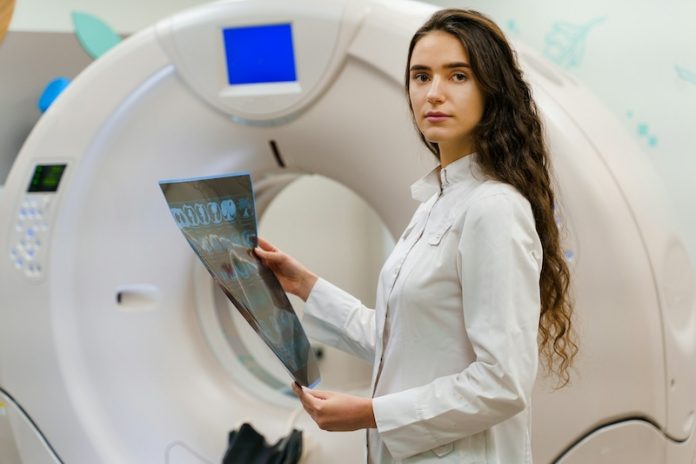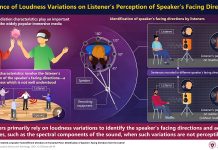
New research from King’s College London has led to an application of artificial intelligence (AI) in predicting the survival of brain cancer patients after treatment.
This study, recently published in Neuro-Oncology, demonstrates AI’s ability to distinguish between short-term and long-term survivors within eight months of receiving radiotherapy, a critical period in the treatment of brain cancer.
This deep learning AI model offers a more reliable and accurate outcome prediction for patients with adult primary brain cancer, particularly glioblastoma. It is one of the most aggressive and challenging brain cancers to treat.
Only one in four patients surviving more than a year post-diagnosis, and the ability to predict patient outcomes with greater precision is a big advancement.
The AI model, trained on tens of thousands of brain MRI scans, was specifically applied to assess glioblastoma patients’ survival prospects following radiotherapy.
This eight-month period is crucial, as it generally corresponds with the duration of routine chemotherapy that follows radiotherapy.
Traditionally, patients undergo regular scans to evaluate the effectiveness of chemotherapy, but this often results in some patients receiving ineffective treatment along with its associated harmful side effects.
By using AI to analyze a single routine MRI scan, doctors can now identify patients unlikely to benefit from chemotherapy, potentially steering them towards alternative treatments or experimental clinical trials.
This approach could improve patient care by sparing them from unnecessary side effects and opening the door to more effective treatment options.
Dr. Thomas Booth at King’s College London highlighted the clinical importance of this AI-driven approach.
The study shows the unmet need of improving outcomes for a large proportion of patients undergoing modified treatments, including shorter and lower-dose radiotherapy courses, if chemotherapy proves ineffective.
The AI model can interpret ambiguous post-treatment brain scans, providing immediate and precise predictions about patient survival beyond the next eight months.
This breakthrough shows a big stride in the field of neuro-oncology. It shows how AI can transform medical practice, offering new hopes for people with glioblastoma.
If you care about cancer, please read studies that low-carb diet could increase overall cancer risk, and new way to increase the longevity of cancer survivors.
For more information about cancer, please see recent studies about how to fight cancer with these anti-cancer superfoods, and results showing daily vitamin D3 supplementation may reduce cancer death risk.
The research findings can be found in Neuro-Oncology.
Copyright © 2024 Knowridge Science Report. All rights reserved.



